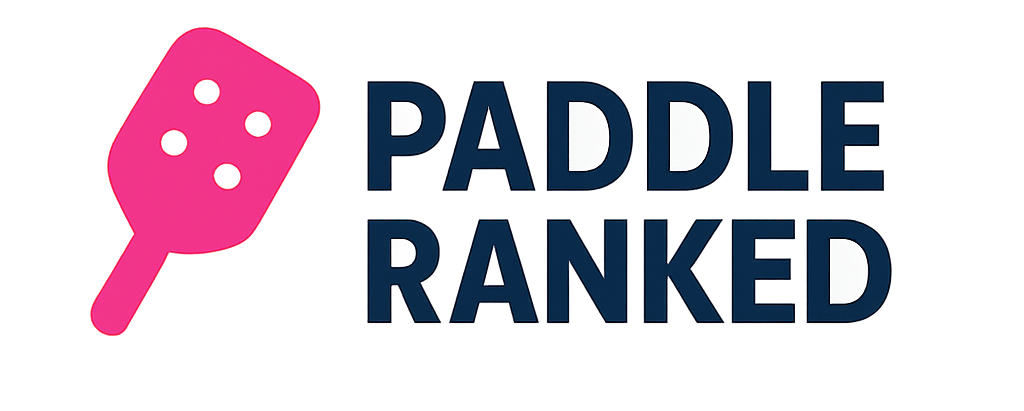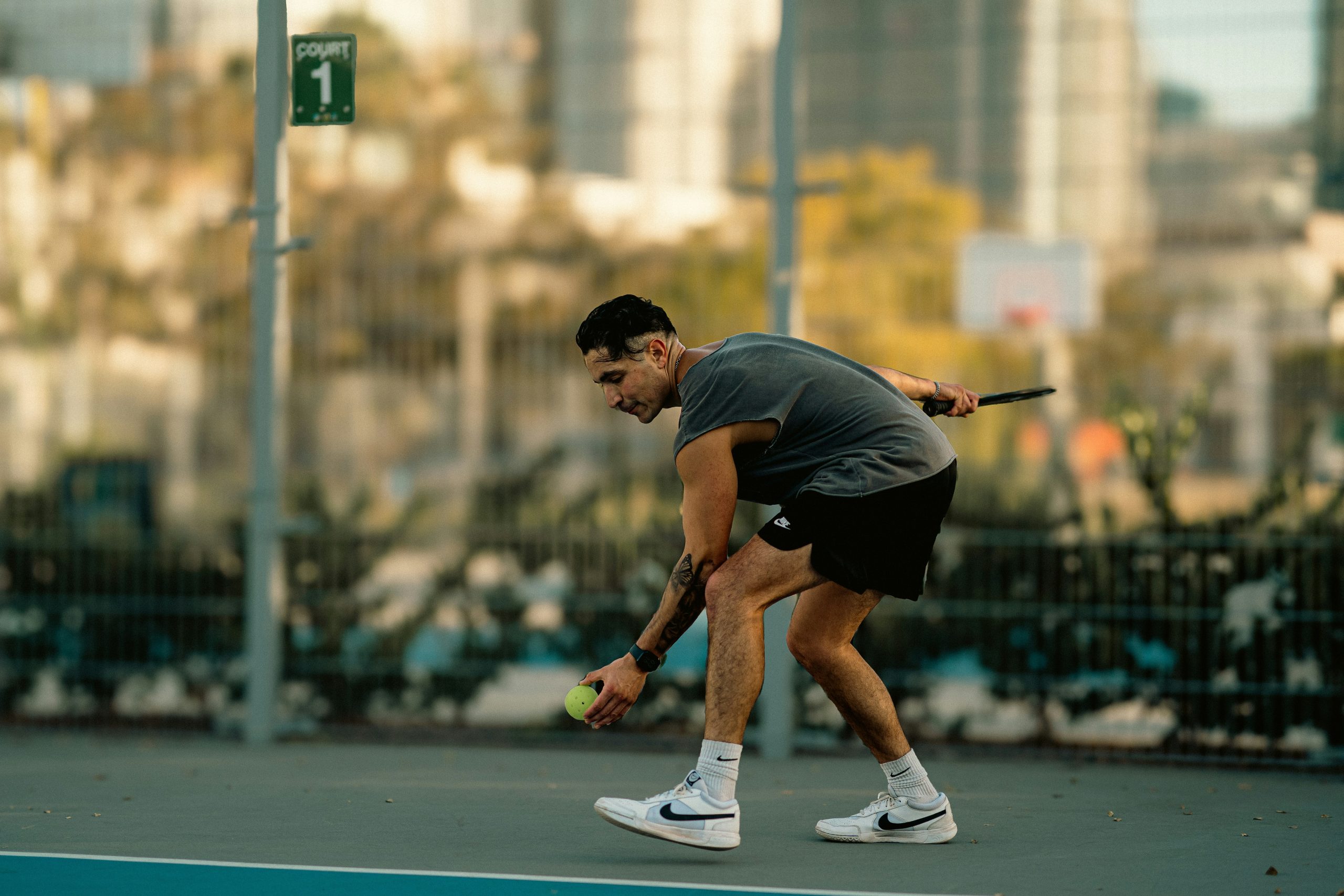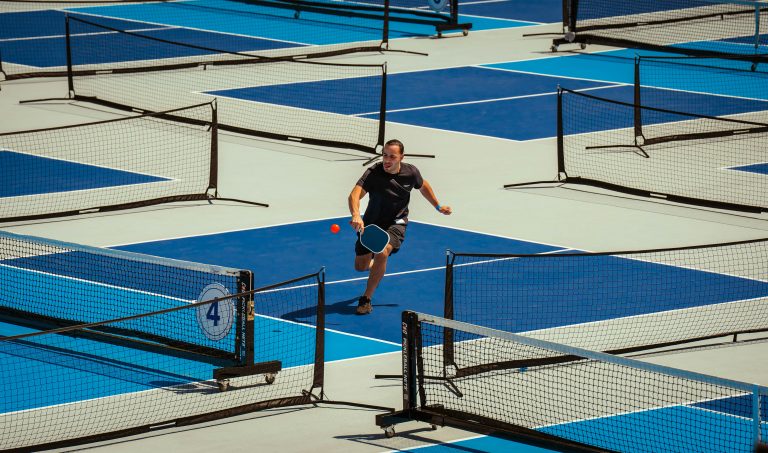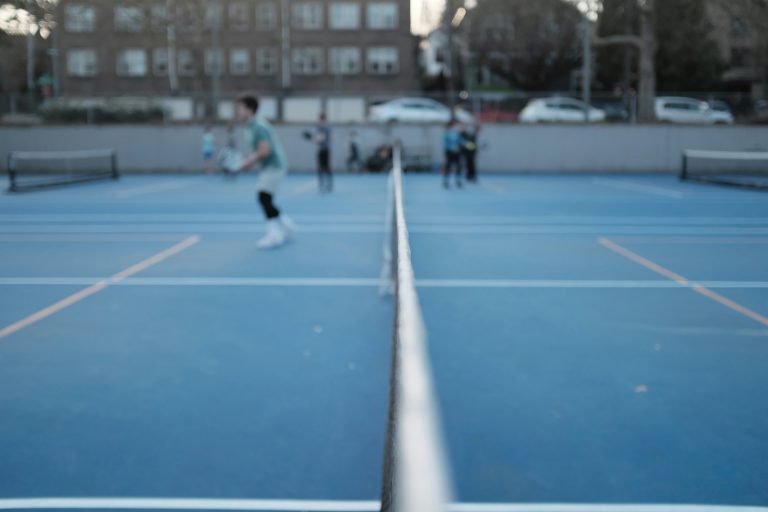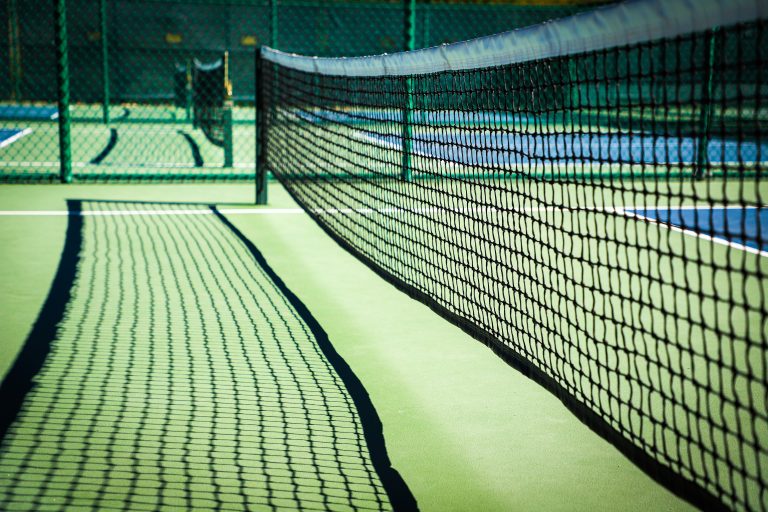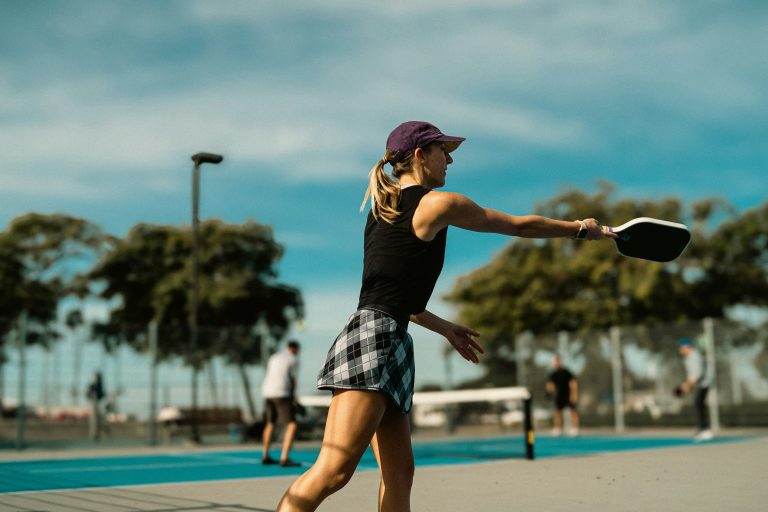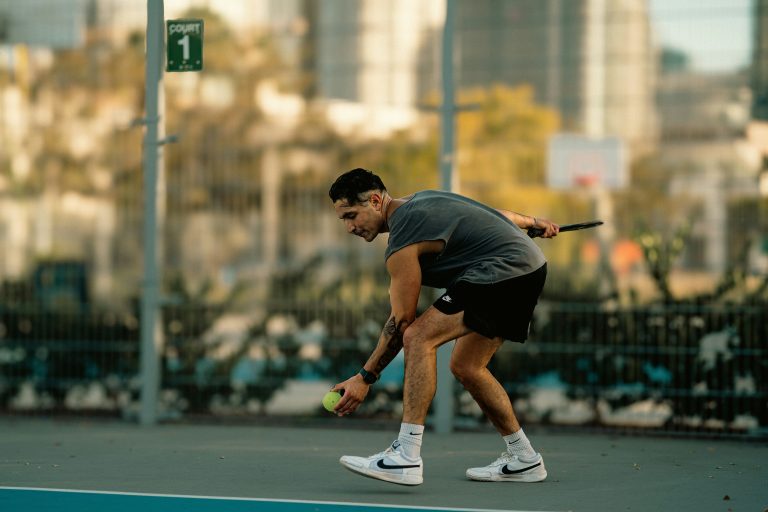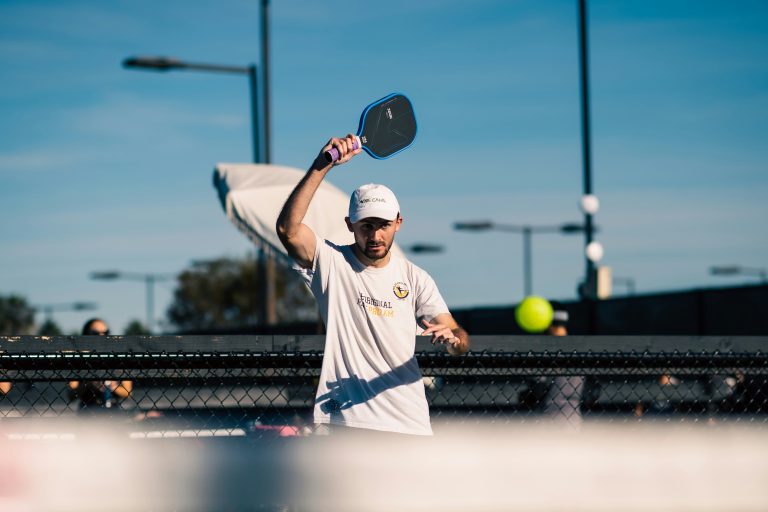Why Do My Hands Hurt After Pickleball? Causes, Fixes & Prevention Tips
Updated December 2025
Ever finish a game of pickleball and wonder why your hands hurt? You’re not alone! Many players experience discomfort after a match, and it can stem from a few common issues. Whether it’s your grip technique, the weight of your paddle, or even how you warm up, all of these factors can really make a difference. If you’re curious about how to keep your hands happy while playing, stick around; there are some easy fixes that might surprise you!
Injury Prevention for Players
Stepping onto the pickleball court is like entering your happy place, right? But trust me, nothing can ruin that vibe faster than an injury. To keep the fun rolling and the game strong, you’ve got to warm up like a pro. Give those hands, wrists, and forearms a solid stretch, think of it as prepping your pickleball engine for a smooth ride.
And hey, don’t skimp on your gear! A lightweight paddle can be your best friend, reducing strain and making those powerful shots feel effortless. Remember, your swing should be more like a dance than a wrestling match. Proper technique is key to avoiding that dreaded stress.
Now, listen to your body like it’s your best buddy, if something feels off, don’t just shake it off! Believe me. Instead, take a breather and maybe sip some water. A good towel for quick wipes can be a lifesaver during those hot games, keeping you fresh and ready to dominate.
After all, the goal is to enjoy every moment on the court, injury free!
Grip Strength Exercises
Building grip strength is like giving your hands a superpower, especially for us pickleball enthusiasts! Trust me, strong hands can be the difference between a sweet shot or an embarrassing whiff. Plus, they help keep those pesky injuries at bay.
So, let’s talk about some fun grip strength exercises you can easily do at home. Grab a tennis ball and give it a solid squeeze, like you’re trying to crush your opponent’s hopes and dreams!
Or, if you have some dumbbells lying around, finger curls can make your fingers feel like they’ve been hitting the gym. Don’t forget about wrist rolls; they’re a sneaky way to build strength without even realizing it.
And for a little adventure, try a Farmer’s Walk with weights, it’s like carrying your grocery bags, but way more rewarding. Plate pinches? They’ll make your fingers feel like they’re ready to crush anything on the court!
Incorporate these into your routine and soon enough, you’ll be gripping that paddle like a pro. If you’re serious about your game, consider adding some grip tape to your paddle for that extra hold, or a handy towel for when those hands get a little sweaty.
Trust me, your future self will thank you!
Improper Paddle Grip Techniques
You might think that squeezing your paddle like it’s a stress ball is the secret to pickleball success, but let me tell you, that could land you in hand pain city. Many players grip their paddles tighter than a bear hug, believing it’ll give them superhero-like control. Spoiler alert: it often leads to more strain than skill!
Instead, picture this: your paddle should feel like an extension of your arm, almost like it’s just floating there. Aim for a relaxed grip — it’s all about finesse, not brute strength. If your grip is too high or low, you might as well be trying to balance on a tightrope!
And trust me, gripping at an awkward angle? That’s a fast track to tension in your hands.
Oh, and while we’re at it, invest in some good grip tape. A little extra cushioning can do wonders for a comfortable hold. Plus, a towel to wipe your hands can save you from sticky situations on the court.
Keep it light, keep it loose, and your hands will thank you!
Paddle Grips and Wrist Supports
Finding the perfect paddle grip and wrist support can truly elevate your pickleball game, trust me, your hands will thank you! It’s all about comfort and control; nobody wants to be battling with a paddle that feels like a slippery fish, right?
First off, let’s chat grip size. You want something that feels like it was custom made just for you. Too small, and you’ll be squeezing like a nervous Chihuahua; too large, and you’ll feel like you’re trying to hold onto a watermelon. So, give a few different sizes a whirl, your ideal grip is out there waiting!
Next up, material matters. Cushioned grips are your best friend. They absorb shock better than a sponge, which means less strain on your hands during those epic rallies.
Plus, you can add some grip tape for a little extra stickiness if you’re feeling adventurous!
And don’t forget about wrist support! A good brace can be a game changer, keeping your wrist stable and cozy during those intense matches. It’s like wrapping your wrist in a warm, protective blanket.
Pair it with a towel to wipe off that sweat, and you’ll be ready to take on the world, or at least your local pickleball club!
Final Thoughts
Taking care of your hands is crucial for fully enjoying the game of pickleball. By prioritizing proper equipment, technique, and hand care, you can enhance your performance and minimize discomfort.
Remember to use the right grip, warm up, take breaks, hydrate, and practice your strokes. With these tips in mind, you’ll be well equipped to hit those winning shots and keep your hands feeling great.
Enjoy the game!
FAQs: Why Do My Hands Hurt After Pickleball
Why do my hands hurt after playing pickleball?
Hand pain can result from various factors, including grip pressure and repetitive motions during the game
How does grip pressure affect my hands?
Gripping the paddle too tightly can create strain and discomfort. It’s important to relax your grip while playing.
What are overuse injuries?
Overuse injuries occur when repetitive motions, like hitting the ball, lead to strain in your hands.
Can the paddle size impact hand pain?
What should I do if my hands are sore after a game?
Rest your hands and apply ice to reduce inflammation. Consider doing some gentle stretching to help alleviate that tension in the muscles.
Is it normal to experience hand pain as a beginner?
100%. Beginners usually experience hand discomfort due to unfamiliarity with the movements and grip. It typically improves with practice and proper technique
